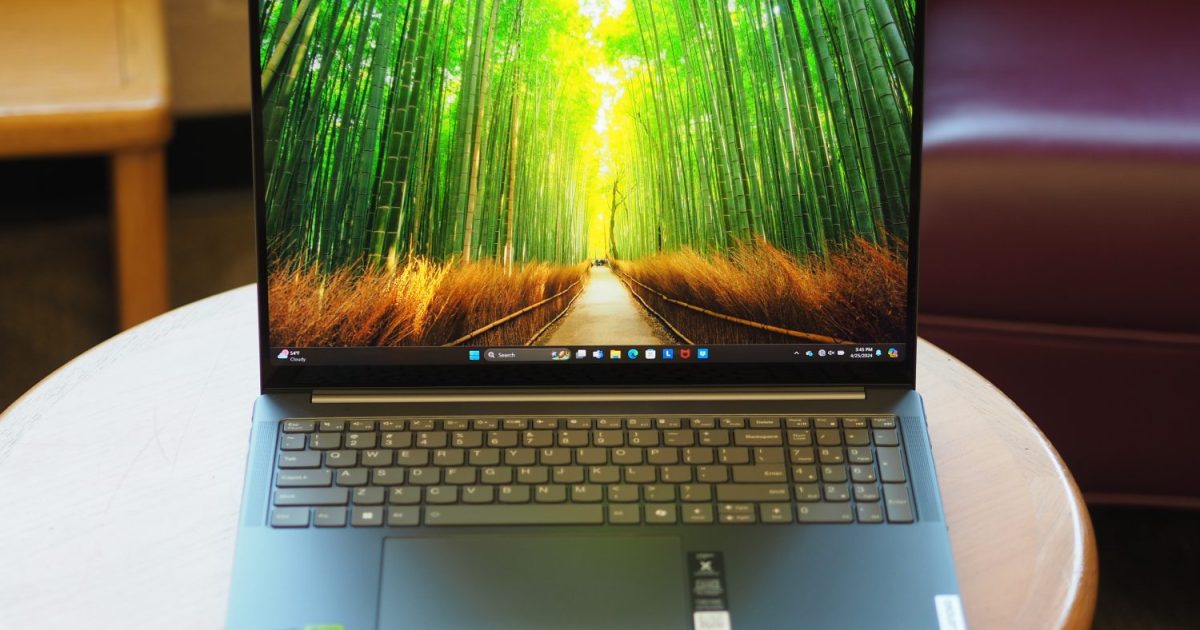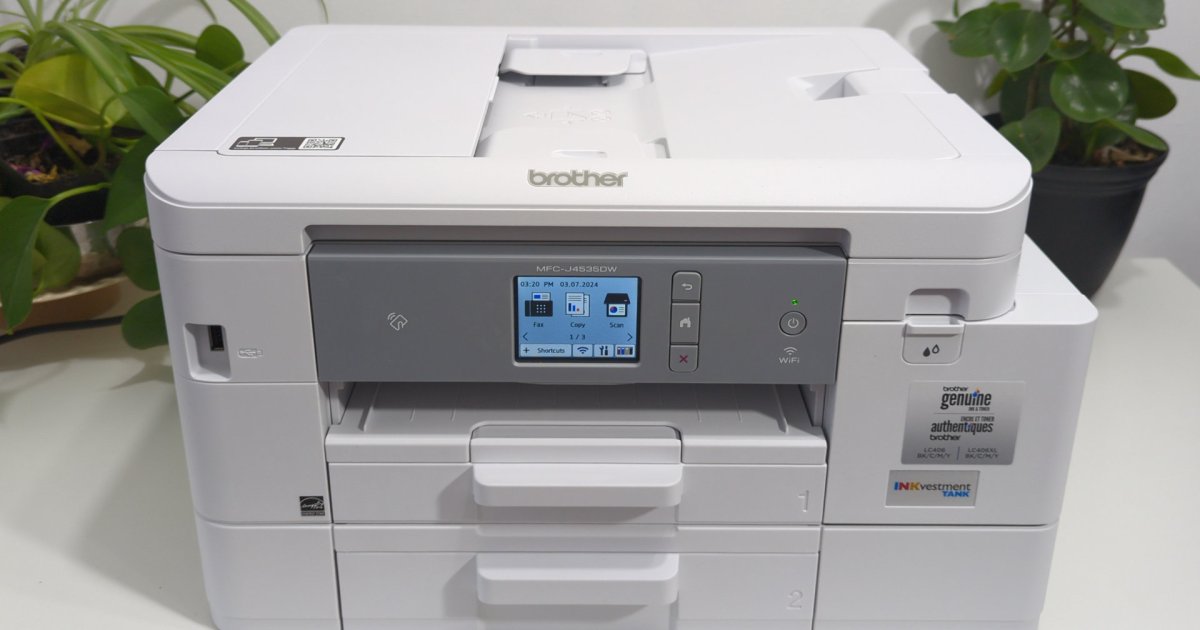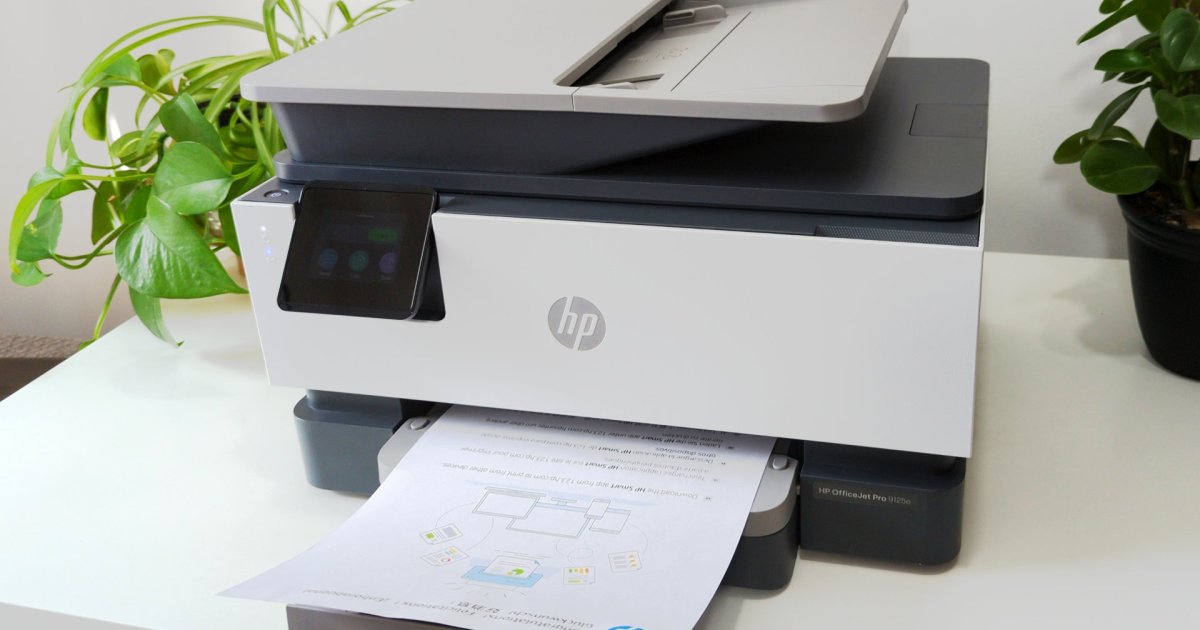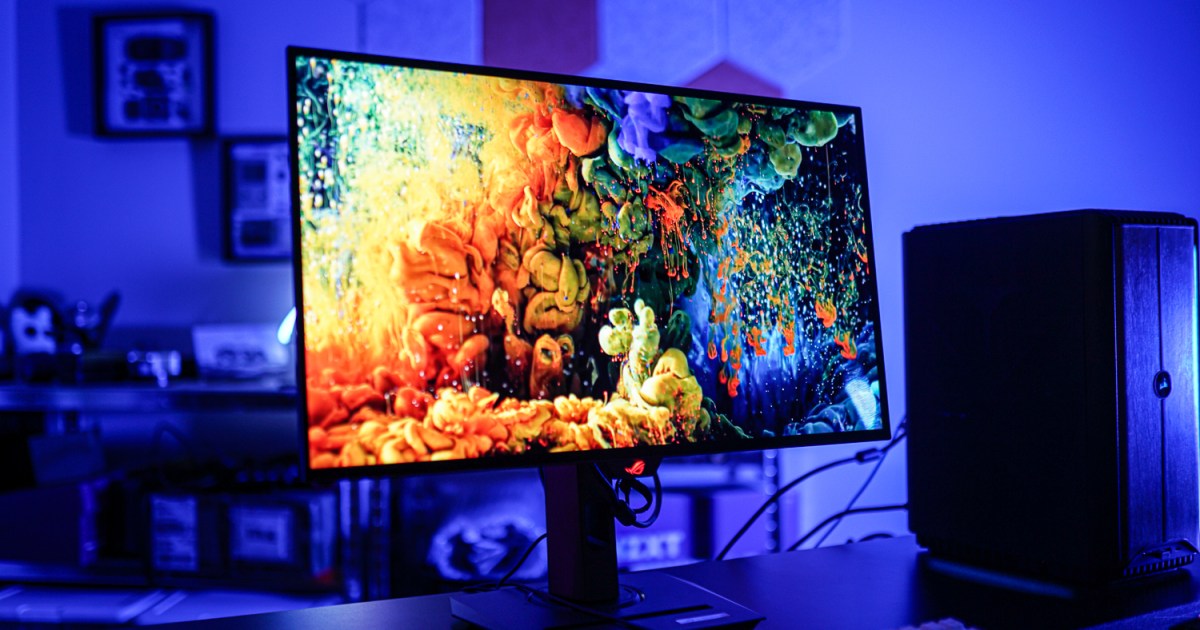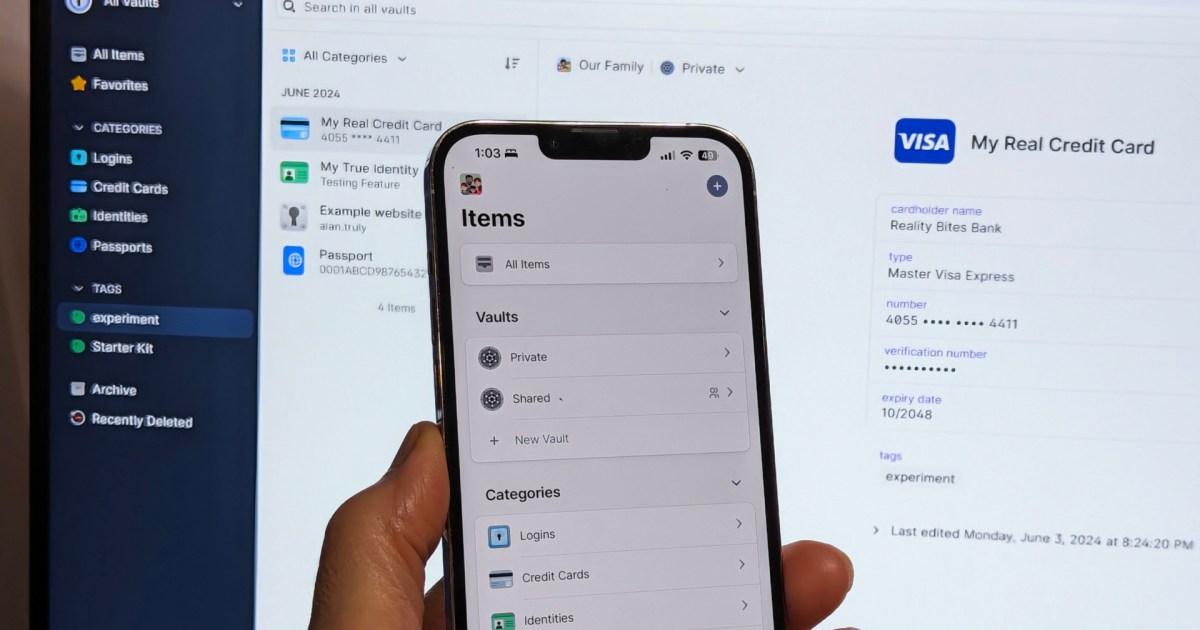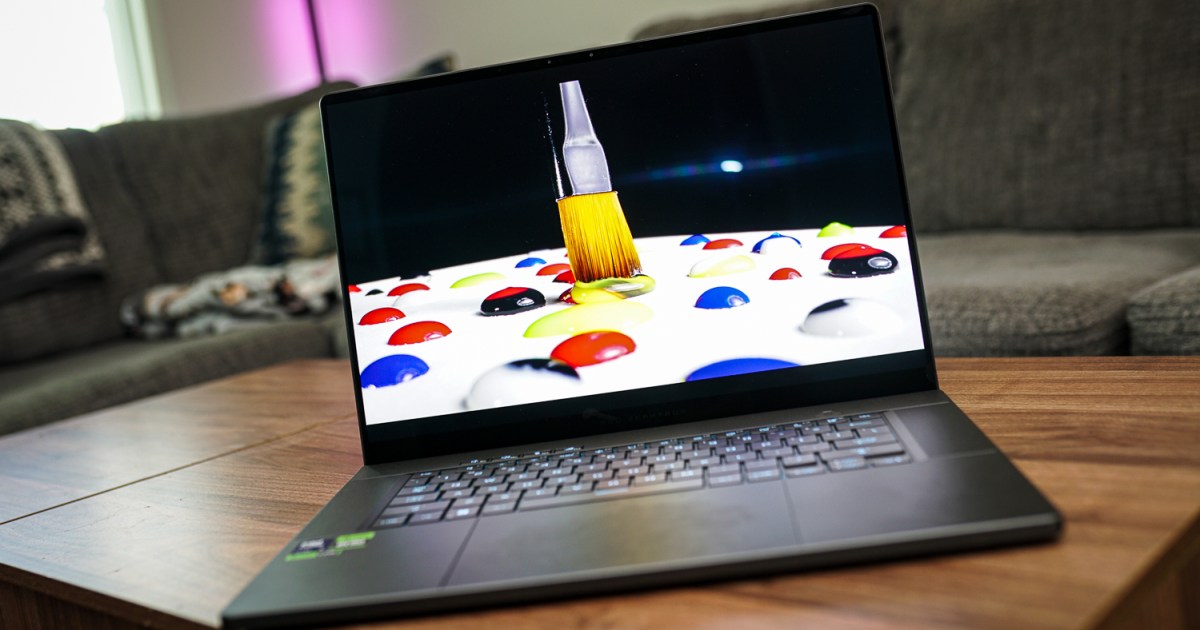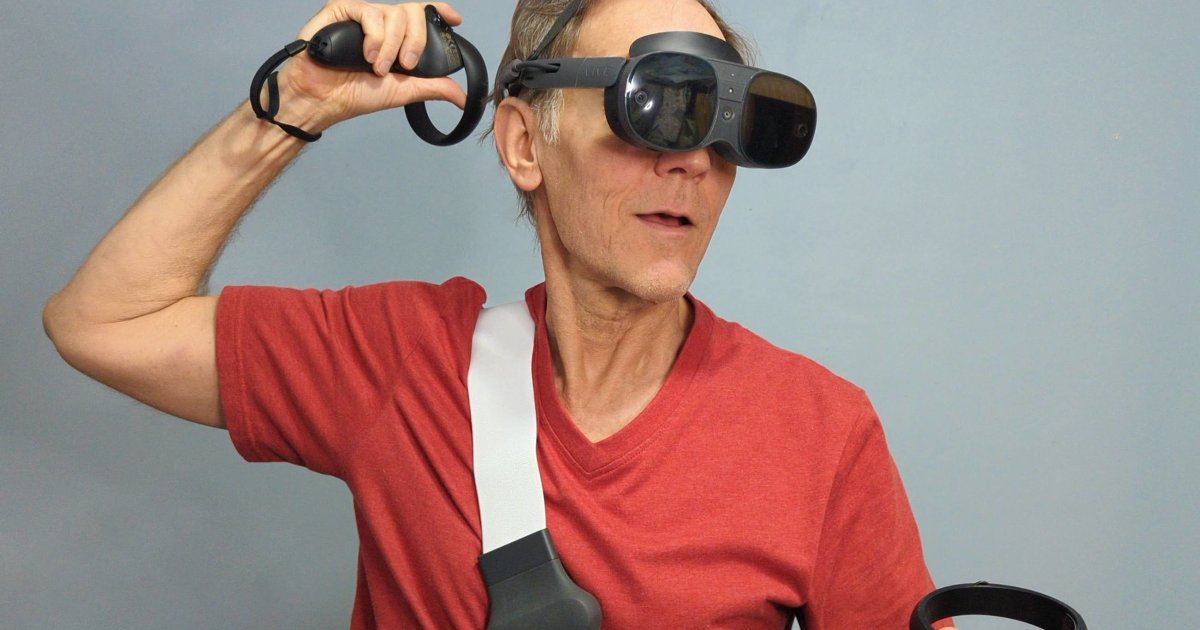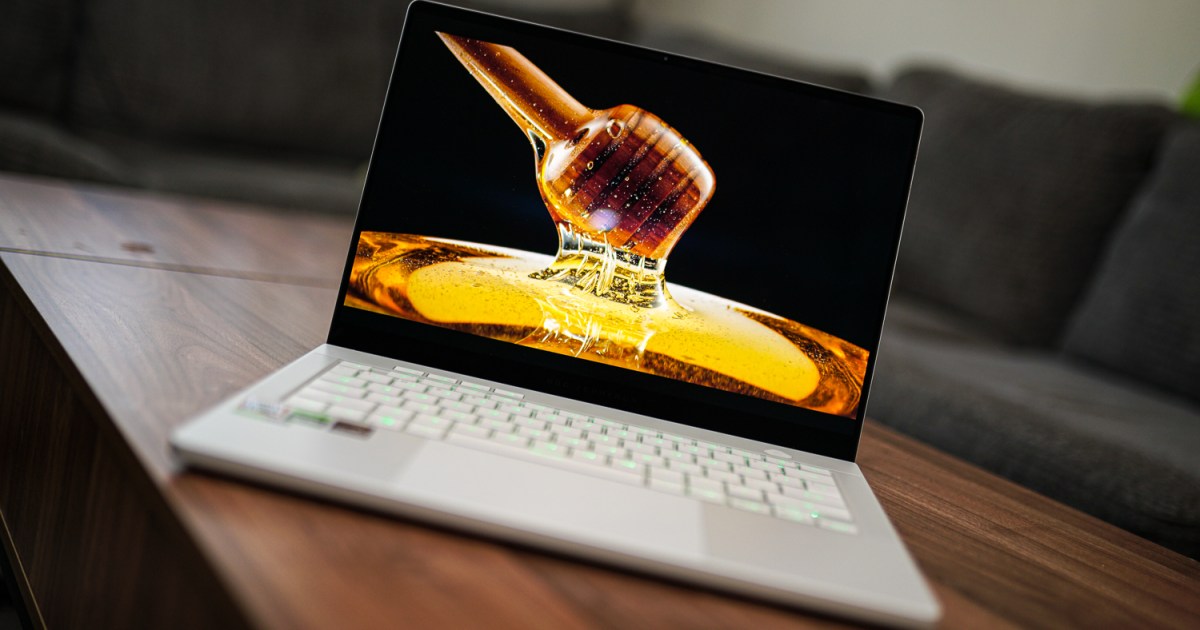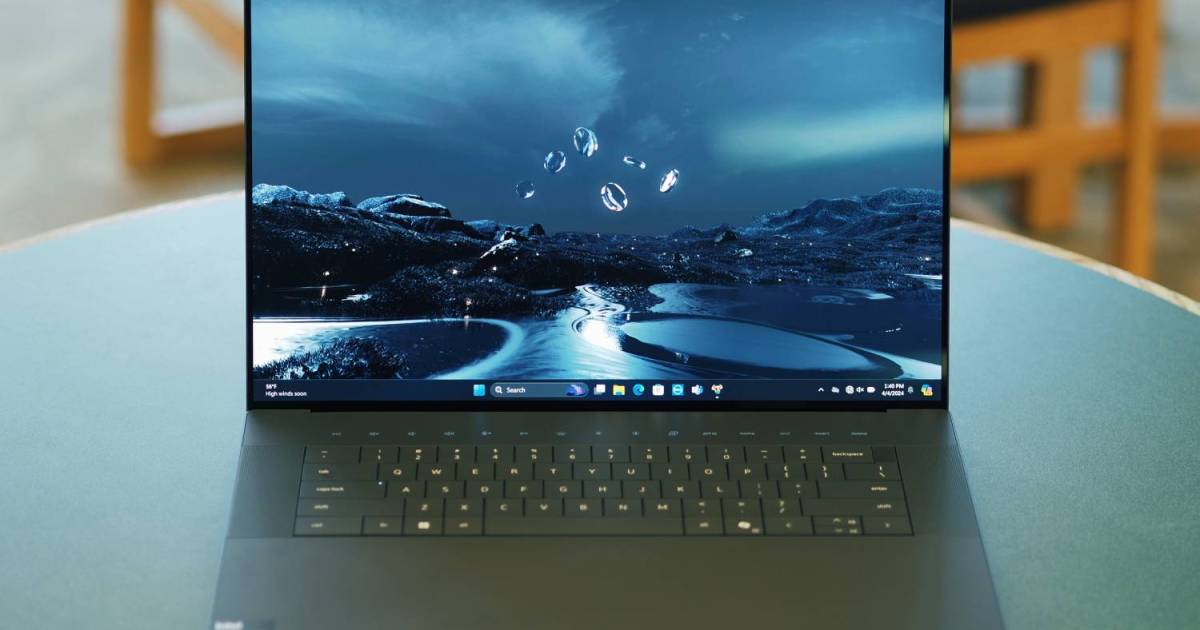The 16-inch laptop market is brimming with contenders vying to challenge the MacBook Pro’s dominance. The Lenovo Yoga Pro 9i 16 initially seemed like another worthy competitor, but extensive testing revealed a surprising level of power and performance that positions it as a genuine threat to Apple’s flagship laptop.
Lenovo Yoga Pro 9i 16: Specifications and Configurations
The Yoga Pro 9i 16 boasts impressive specifications, offering various configurations to suit different needs and budgets.
| Feature | Lenovo Yoga Pro 9i 16 |
|---|---|
| Dimensions | 14.28 inches x 9.99 inches x 0.72 inches |
| Weight | 4.52 pounds |
| Processor | Intel Core Ultra 7 155H / Intel Core Ultra 9 185H |
| Graphics | Nvidia GeForce RTX 4050 / Nvidia GeForce RTX 4060 |
| RAM | 16GB LPDDR5x (7467 MT/s) / 32GB LPDDR5x (7467 MT/s) |
| Display | 16-inch 16:10 3.2K (3200 x 2000) IPS touch/non-touch 165Hz / 16-inch 16:10 3.2K (3200 x 2000) OLED touch, 165Hz |
| Storage | 512GB SSD / 1TB SSD |
| Touchscreen | Optional |
| Ports | 1 x USB-C with Thunderbolt 4, 1 x USB-C 3.2 Gen 2, 2 x USB-A 3.2 Gen 1, 1 x HDMI, 1 x 3.5mm audio jack, 1 x SD card reader |
| Wireless | Wi-Fi 6E and Bluetooth 5.3 |
| Webcam | 5MP with infrared camera for Windows 11 Hello |
| Operating System | Windows 11 |
| Battery | 84 watt-hours |
| Price | $1,482+ |
Current pricing starts at $1,482 for a configuration with the Intel Core Ultra 7 155H, 16GB of RAM, a 512GB SSD, an Nvidia GeForce RTX 4050, and a 16-inch 3.2K IPS display. A higher-end configuration with the Core Ultra 9 185H, 32GB of RAM, a 1TB SSD, an RTX 4060, and a 3.2K mini-LED display comes in at $2,105. While premium, this pricing remains competitive considering the Yoga Pro 9i 16’s design and performance, especially compared to rivals like the Dell XPS 16 and Samsung Galaxy Book4 Ultra.
Design and Build Quality
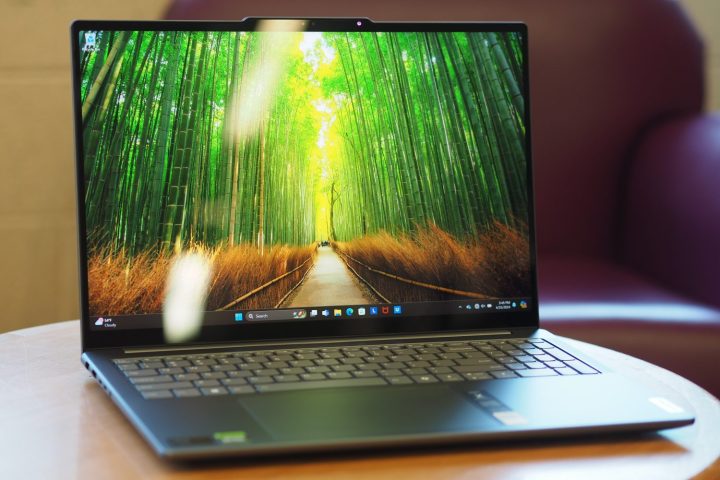 alt
alt
The Yoga Pro 9i 16 features a 16-inch display with minimal side and top bezels, though the bottom chin is more pronounced than some competitors. Its all-aluminum construction ensures excellent build quality, resisting bending, flexing, and twisting. While slightly larger than some competitors due to the bottom bezel, the Yoga Pro 9i 16 remains reasonably portable for a 16-inch laptop. The light-gray chassis with rounded edges contributes to a comfortable user experience.
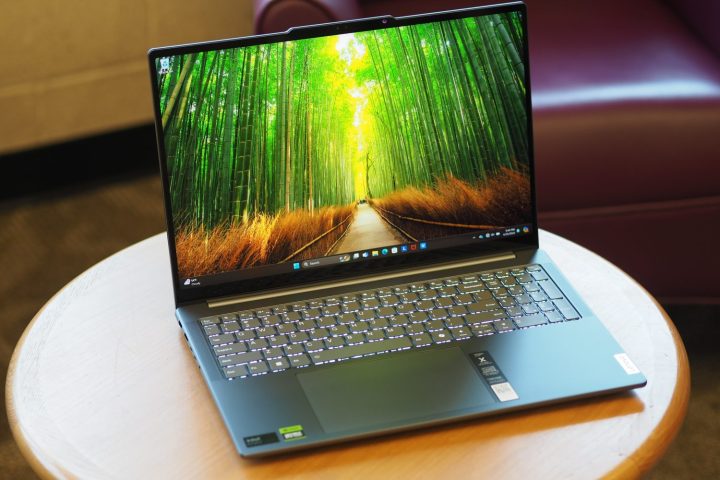 alt
alt
The reverse notch houses the webcam and microphones, providing a convenient grip for opening the lid with one hand. The minimalist aesthetic, while perhaps not as striking as some rivals, offers a clean and functional design.
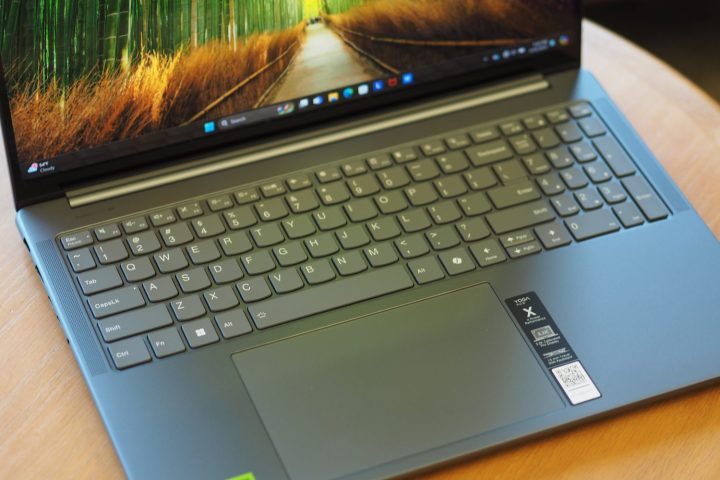 alt
alt
The keyboard offers sculpted keycaps and ample key spacing, promoting comfortable typing. While the mechanical touchpad functions well, it doesn’t quite match the premium feel of the haptic touchpads found in some higher-priced competitors. The inclusion of a numpad offsets the trackpad, which may not appeal to all users.
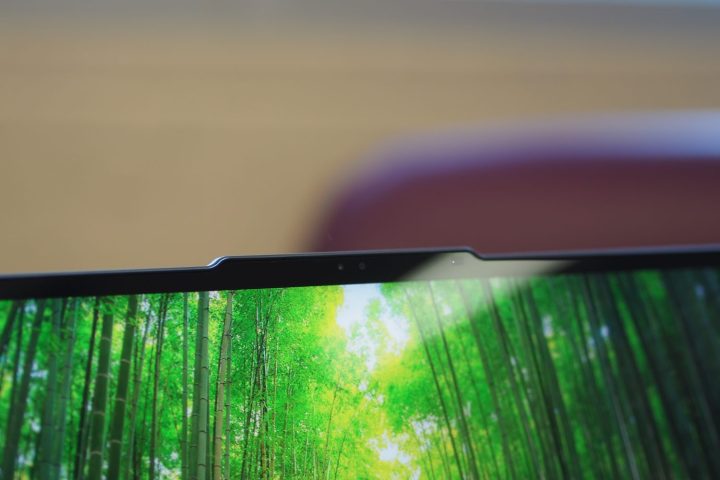 alt
alt
Connectivity is robust, with a blend of modern and legacy ports, including a full-size SD card reader. The 5MP webcam, enhanced by the Meteor Lake chipset’s Neural Processing Unit (NPU) and Microsoft Studio Effects, delivers high-quality video.
Performance and Power: Exceeding Expectations
 alt
alt
The Yoga Pro 9i 16’s performance is truly impressive. The reviewed model, equipped with the Core Ultra 9 185H and RTX 4060, consistently outperformed competitors with seemingly superior specifications. Lenovo’s decision to allocate 130 watts of TDP between the CPU and GPU, compared to the 80 watts of competitors, proved crucial. This allows the Yoga Pro 9i 16 to deliver significantly more power to both components, resulting in superior performance across various benchmarks.
Benchmark Results: A Clear Winner
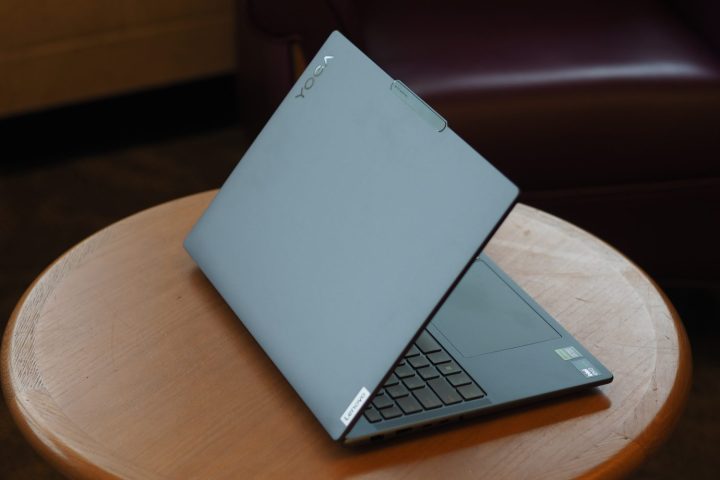 alt
alt
The Yoga Pro 9i 16 excelled in both CPU-intensive and GPU-specific benchmarks, surpassing the Dell XPS 16 and Samsung Galaxy Book4 Ultra in most tests. Its performance in the Pugetbench Premiere Pro benchmark was particularly noteworthy, outpacing not only the XPS 16 and Galaxy Book4 Ultra but also gaming-focused laptops like the Asus ROG Zephyrus G16 and Alienware m16 R2.
| Benchmark | Lenovo Yoga Pro 9i 16 (Core Ultra 9 185H / RTX 4060) | Dell XPS 16 (Core Ultra 7 155H / RTX 4070) | Samsung Galaxy Book4 Ultra (Core Ultra 185H / RTX 4070) |
|---|---|---|---|
| Geekbench 6 (single/multi) | Bal: 2,396 / 14,270 Perf: 2,426 / 14,406 | Bal: 2,196 / 12,973 Perf: 2,238 / 12,836 | Bal: 2,373 / 13,082 Perf: 2,331 / 13,381 |
| Handbrake (seconds) | Bal: 59 Perf: 54 | Bal: 72 Perf: 73 | N/A |
| Cinebench R24 (single/multi/GPU) | Bal: 110 / 1,085 / 9,859 Perf: 112 / 1,115 / 10,415 | Bal: 100 / 838 / 9,721 Perf: 102 / 895 / 10,477 | Bal: 107 / 817 / 8,994 Perf: 106 / 985 / 10,569 |
| Pugetbench Premiere Pro | Bal: 5,774 Perf: 6,112 | Bal: 5,401 Perf: 5,433 | Bal: 3,906 Perf: 5,669 |
Gaming Performance: A Pleasant Surprise
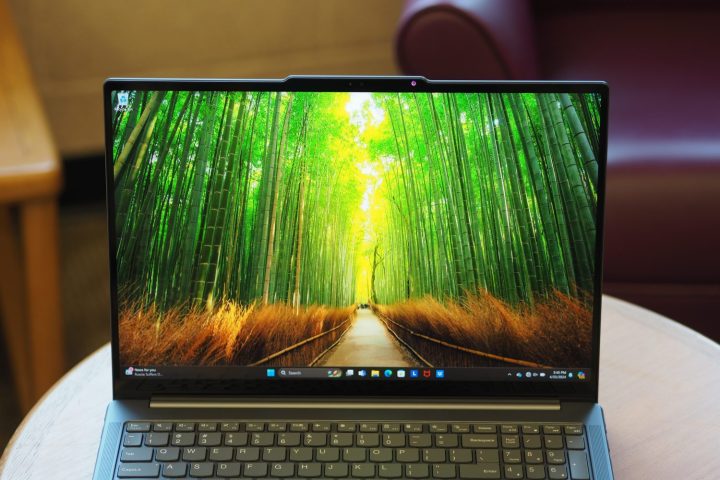 alt
alt
While primarily designed for creative tasks, the Yoga Pro 9i 16’s gaming performance is surprisingly competent. Despite using Nvidia’s Studio drivers, it achieved respectable frame rates in various games, even holding its own against laptops with the RTX 4070. The 165Hz display ensures a smooth gaming experience, free from screen tearing.
Battery Life, Display, and Audio: Rounding out a Strong Package
The 84-watt-hour battery provides decent longevity, though not exceptional. The mini-LED display delivers vibrant colors, impressive brightness, and a smooth 165Hz refresh rate. While HDR performance isn’t class-leading, it’s sufficient for most users. The six-speaker audio system provides rich sound with ample volume and bass.
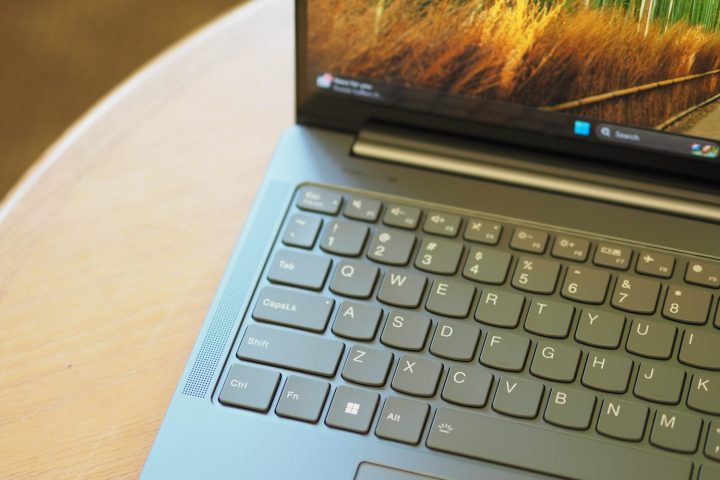 alt
alt
Conclusion: A True Contender
The Lenovo Yoga Pro 9i 16 emerges as a formidable competitor in the 16-inch laptop market. Its impressive performance, excellent build quality, vibrant display, and robust audio system make it a compelling choice for creators and professionals. While the MacBook Pro 16 remains the performance leader, the Yoga Pro 9i 16 offers a compelling alternative for Windows users, delivering outstanding performance at a more competitive price point.



